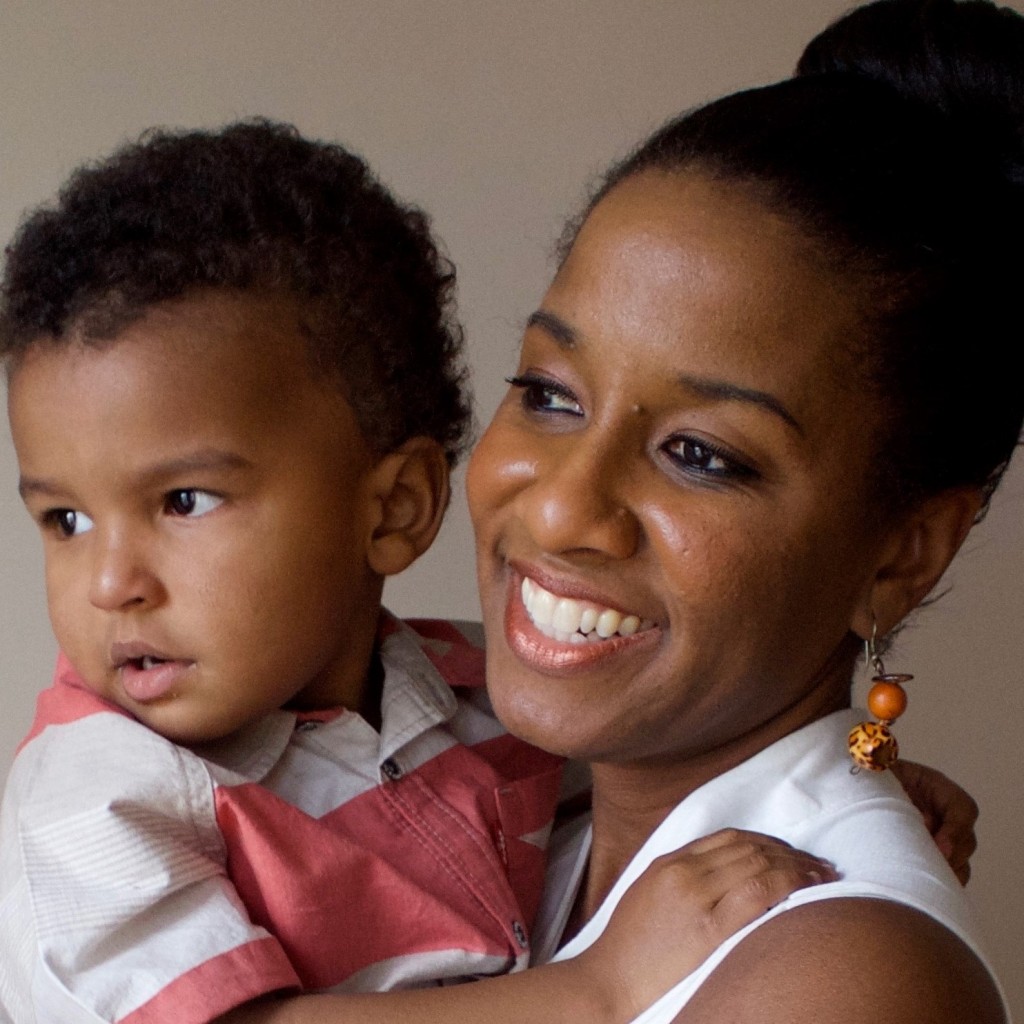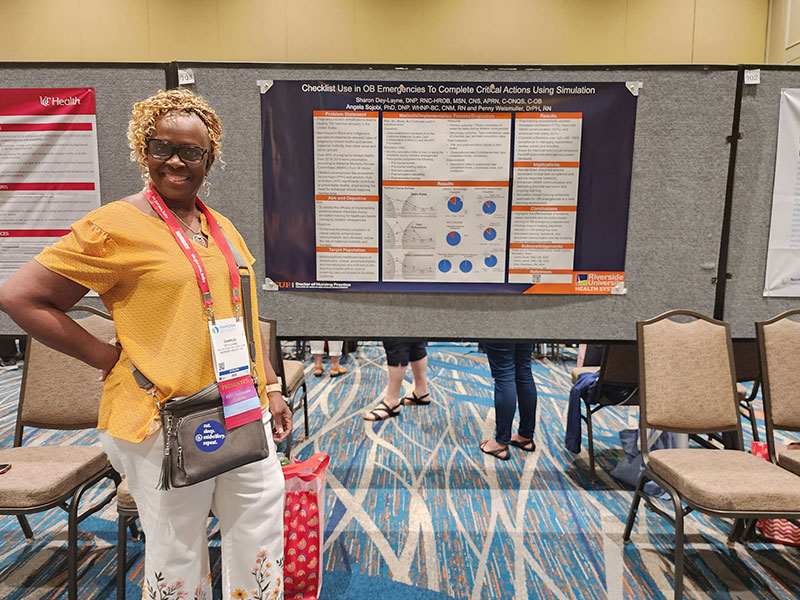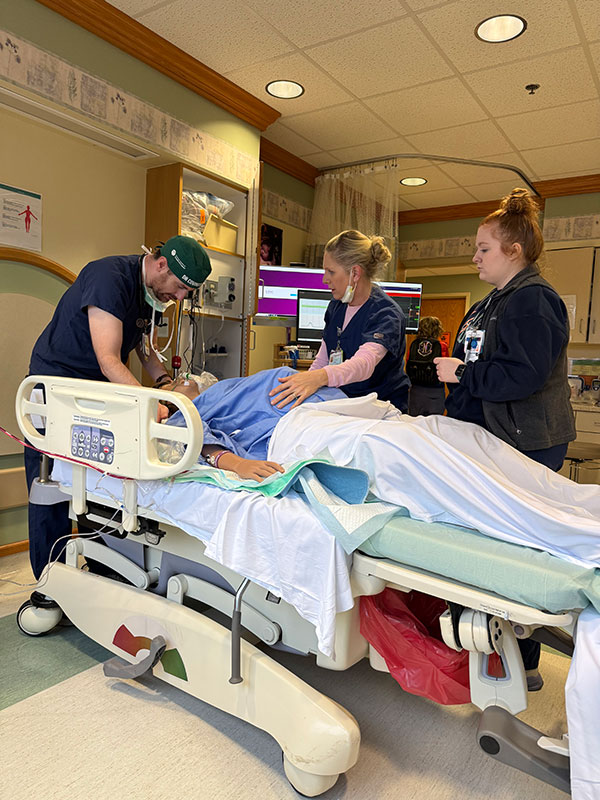
When my husband and I found out we were pregnant with our first child, we were over-the-moon excited. Although I was considered “at advanced maternal age” for having a child, I was fortunate enough to have had a generally smooth and uneventful pregnancy. I planned on having a natural birth, but, like most mothers, was open to a cesarean section if I or my baby experienced any complications. If only I had known then what was to come.
On August 1, 2014, I arrived at the hospital around 6:00 a.m. The nurse hooked me up to numerous machines and at the time, I was already 3 cm. dilated. I was given an epidural, and then was able to rest comfortably. Suddenly, I felt a sharp, piercing pain in my temples and radiating over parts of my body, and I was having difficulty breathing. I asked the nurse to get a doctor; this was nothing like I had ever experienced before. Then, without warning, I felt myself slowly losing consciousness. The last thing I saw was a doctor and some nurses running into the room calling my name and hoping I would respond, then I went unconscious.Later, I was told that three emergency codes were announced for me at the hospital. This was highly unusual for any one patient. I first had a code blue called; my doctor immediately thought I was experiencing an amniotic fluid embolism based on my symptoms and was perhaps going into cardiac arrest, so they rushed me into the operating room. Then a code pink was called, as the fetal heart rate was dangerously low at this point. An emergency cesarean was performed and the baby was quickly removed and placed in an incubator. After this, a code omega was called, as there was continuous massive hemorrhaging at the site of my uterus.The doctors requested about 30 units of blood and blood products, but in the meantime in order to slow down the bleeding, they had to perform a procedure to tie off my arteries on both the right and the left side. However, despite these efforts, I still continued bleeding from the Disseminated Intravascular Coagulation (DIC). I was unconscious for about 20 hours, and after waking up with a tracheal tube down my throat, was unable to talk. I was disoriented, and wondering what happened, what time of the day it was and where my baby was. Was he alive? Then my husband walked into the room, and sat on the bed. I saw a tear slowly coming down his cheek. In my brain, I was shouting, “Tell me what happened!” As you can imagine, I needed information quickly. “Don’t leave out any details! Where is Eli!?” I shouted at him in my head. Then, pleadingly, in my head, “Please tell me, I want to know.” After what felt like hours, two doctors walked in and began explaining to me what happened during my son’s birth. They were so happy to see me wake up; it was comforting to know that I was conscious again. While they explained to me what happened, I was getting impatient that they were taking so long to tell me if Eli was alive or dead. I don’t think they realized that all I wanted to know before anything else was news about my son. Eventually, I was told they needed to perform an emergency Cesarean section and that Eli was born with extremely low oxygen, but began improving over the next few hours. I was in ICU for 3 days under observation and then was moved to NICU care with Eli for the next 6 days, before we were both discharged.
After we were discharged and got home, that’s when I really started to reflected on what had just happened and tried to make sense of it. My mother and husband both helped me tremendously throughout my recovery of four months. During that time, even though I could not breast feed or lift my son, just watching him change, his expressions and growth certainly gave me that extra strength I needed to get through the days/nights. We are both healthy and doing great.
As a survivor of amniotic fluid embolism/DIC and I share my story in memory of the mothers who died bringing life into this world. My heart goes out to the families left mourning – especially the children, husbands, boyfriends, fiancées, partners – at what was supposed to be one of the happiest moments in their lives. I invite you to join me in helping to #endAFE so that no more families have to suffer and babies can experience their mother’s love for a lifetime. Thank you for reading my story!


